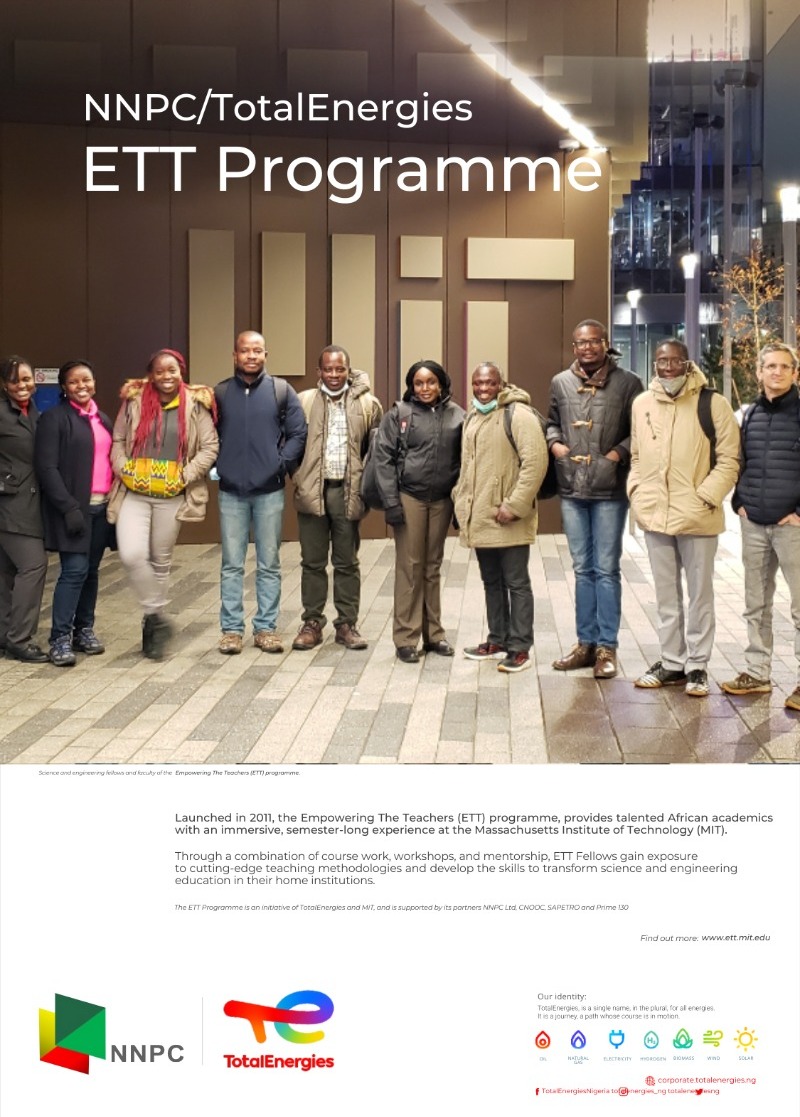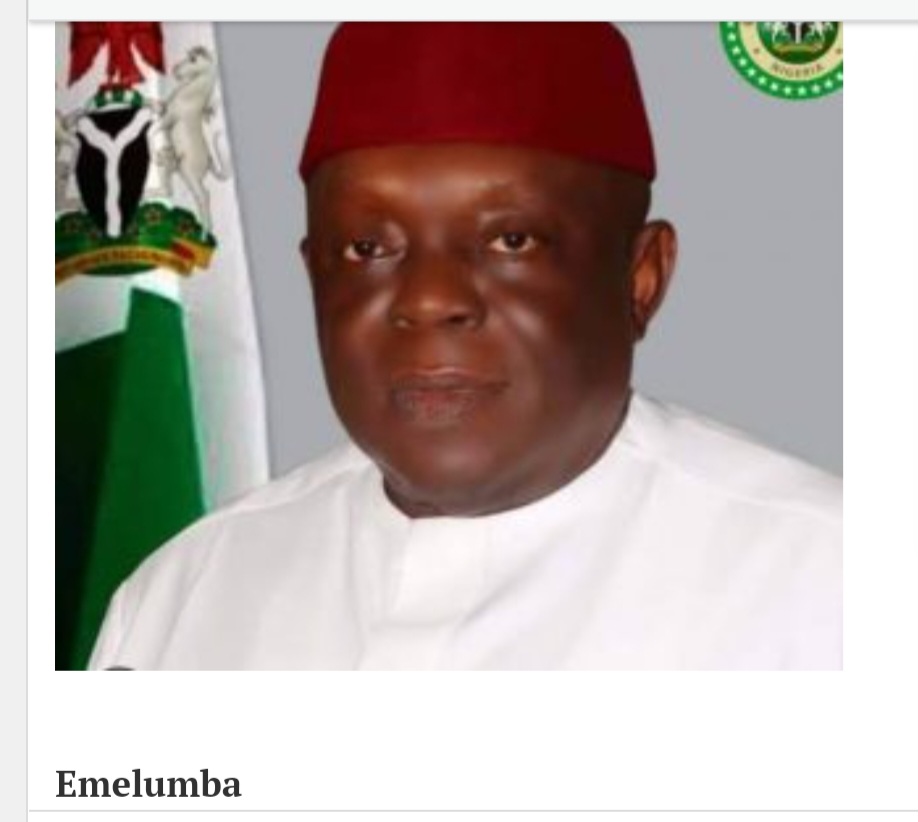By Declan Emelumba
The Latin maxim, ‘Nemo dat quod non habet’, which means “you cannot give what you do not have” is used to consign to the dustbin people who would often, and inexplicably so, take a flight to fantasy by claiming what they are not. This dictum is also used to qualify the emptiness of rabble-rousers who are in the habit of dropping names and claiming to be who they are not. Such people may be tolerated for sometime because of their nuisance value, but there comes a time when they are jolted back to reality so that they are not further encouraged in their foolery, and perhaps, to stop people from listening further to their balderdash. That time has come for Chief Batos Nwadike, who has played all these perfidious roles put together for too long a time. The time has come for him to be jolted out of his delusional fantasies.This is moreso because Nwadike recently crossed the delusional red line when he made the fatuous claim of being the originator of the ‘Shared Prosperity’ mantra of the government of Senator Hope Uzodimma.
In a poorly worded article in which he stood logic on its head, Nwadike falsely claimed that he owned the intellectual property of the mantra which he wrongly claimed to have coined ahead of the 2019 general elections. He also went on to claim that some inner circle members of the Uzodimma’s administration went ahead to block him from assuming ownership of his so-called “intellectual property”, until Uzodinma acknowledged in his second term inauguration speech that his administration was running on the shared prosperity mantra. But Nwadike failed to show how that statement by the governor amounted to giving him credit as the originator of the mantra, which has been synonymous with Uzodimma’s administration. For the records and clarity, what the governor said in his inauguration speech was that his administration will CONTINUE (emphasis mine) to be driven by his shared prosperity philosophy. That should have said a lot to an undiscerning Nwadike.
Albeit, there were three things to take away from Nwadike’s article, which was titled” Applauding the second term inaugural speech of Governor Hope Uzodimma”.
One : The shoddy piece by Nwadike would have passed for a good satire if the author had the intellectual ability to sustain the flow. Because he ostensibly lacked that, he ended up presenting an incoherent wishy-washy write-up in the mould that William Shakespeare would capture as ” full of sound and furry, signifying nothing”. The only worthy outcome is that he ended up exposing his real intention, which was his miffed appreciation of the huge success of the ceremony, one that attracted the esteemed presence of the president of the country, Asiwaju Bola Ahmed Tinubu, among other distinguished Nigerians. He obviously wanted the ceremony to be a flop. Since this did hot happen, he dubbed it,” an expensive event which was just only a second tenure that wouldn’t have been given such largesse of financial inputs ”
Nobody knows if Nwadike would have been given to such a vacuous dismissal of the ceremony if he had handled its planning. This was a role he desperately and unsuccessfully sought, while he was in the government, but often failed to get because of his habitual lack of comportment. Be that as it may, how did Nwadike compute the cost of the event to have made ” the two-hour ” event very expensive? ”
TWO: Nwadike, while falsely claiming that he originated the shared prosperity mantra, went on an ego trip by saying that Uzodimma acknowledged it as the philosophical fulcrum of his administration, thus authenticating his intellectual ingenuity. This is simply a case of criminal fallacy. That was not the first time Uzodimma talked about his shared prosperity mantra. In almost all his speeches in the last four years, the governor had never failed to mention the shared prosperity mantra. It is obvious that even as a political adviser to the governor, Nwadike never paid attention each time the governor addressed an audience. I will return to the issue of the origin and originator of the shared prosperity mantra shortly.
THREE: The third matter in Nwadike’s article was to draw attention to the phantom sum of N70m, which he claimed he was being owed by the government from his ill-fated and disaster-infested tenure as the political adviser to the governor. I am almost certain that if Nwadike had N70m or had access to such some of money, he would not have accepted his appointment as a political adviser to the governor. It was unfortunate that in trying to win the sympathy of some gullible members of the public who are not abreast of what actually happened, Nwadike embarked on a voyage of lies, false claims, blackmail and impersonation.
Now, back to the issues of the origin of the shared prosperity mantra. As far back as 1992, Hope Uzodimma, as many people would remember, was already involved in the act of philanthropy. His country home at Omuma and his offices in Lagos used to be a like a market place with people thronging to seek one form of help or the other. Of course, he used to oblige them as far as his limited private resources could go. In the course of this philanthropy, he always lamented that it would take an individual 20 years to accomplish for a people what a government can achieve in a few days. He became increasingly conscious of the fact that he could actually do more for the majority of people if he was availed of public resources. The point here is that Uzodimma has been actively involved in shared prosperity since his adulthood. His desire to go into government was to be able to use public funds to extend and share prosperity with more people. This was how the idea of a shared prosperity began. It did not begin with government. Prior to coming into government, Hope Uzodimma enjoyed the reputation of a generous philanthropist who delighted in helping and supporting the needy. This can easily be verified. The government simply became a vessel to expand its scope and reach. Uzodimma believed and still believes that one could impact society more through government. The desire to improve the lives of citizens was his major motivation for joining politics. And for the records, he first sought the office of the governor in 2003 under the defunct Alliance for Democracy.
Indeed, when he was elected into the Senate in 2011, he demonstrated that shared prosperity desire through the sheer number of people he empowered in his constituency and beyond. I may not know the whereabouts of Batos Nwadike between 2011 and 2019, but I was with Hope Uzodimma, and he was always concerned about the empowerment of people, which practically translates to shared prosperity.
So it was not surprising to some of us who knew him closely that he formalised the doctrine of shared prosperity in his manifesto for the governorship election in 2018. Batos Nwadike was nowhere near when this manifesto was unveiled in Owerri in 2018. He should check the election manifesto to confirm that ‘shared prosperity’ was already the main doctrine of the Uzodimma agenda.
I therefore can not remember when and how Nwadike could have originated the shared prosperity philosophy. For starters, the shared prosperity mantra is anchored on the 3R of Rehabilitation, Reconstruction, and Recovery. Since Nwadike claims to be the originator, I challenge him to tell Imo people what each of these Rs stand for and the template for their actualization.
Until he does that, I submit that Nwadike’s false claim to an intellectual property that does not belong to him amounts to a manifest falsehood with a touch of mischief and deceit.
This misrepresentation is tantamount to impersonation. Therefore, until he proves otherwise, Nwadike is actually guilty of attempted intellectual theft.
I leave the public to judge whether a Nwadike with his disjointed write up lacking in both logic and finesse can originate an intellectual property for a Hope Uzodimma, who over the years has demonstrated a rare degree of vision and intellectual capacity as a leader.
People in academics can confirm that intellectual property, including patents and copyright, requires a degree of creativity and rigour. To the best of my knowledge, Nwadike has never gone through such a rigorous academic process. He is, therefore, most unfit to pontificate on the same. This is the bitter truth.
… Emelumba is the immediate past Commissioner for Information and Strategy of Imo State


